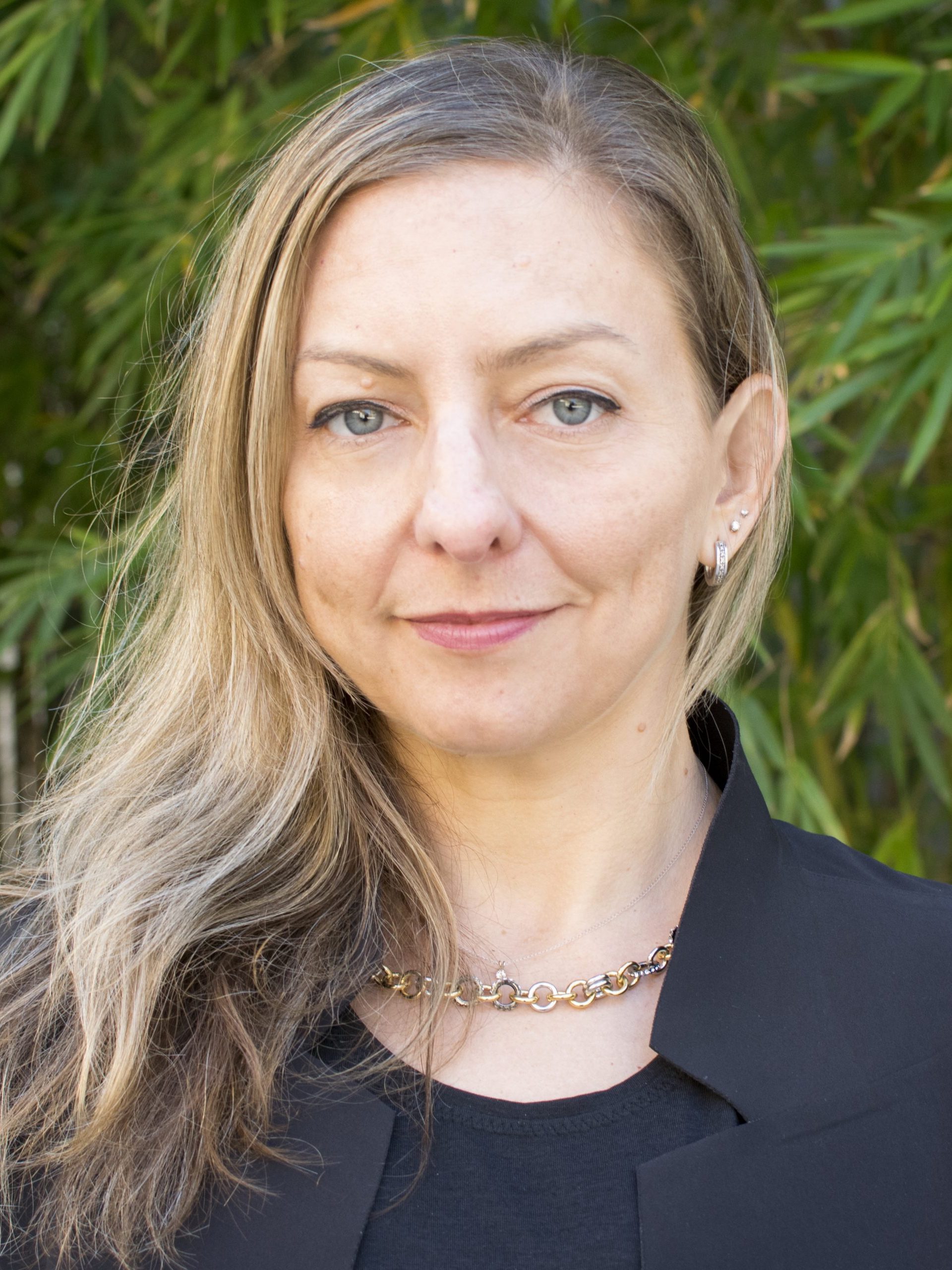 Tessa Andermann (University of North Carolina)
Tessa Andermann (University of North Carolina)
Dr. Tessa Andermann is an assistant professor in the UNC Division of Infectious Diseases whose research focuses on the impact of intestinal microbiome-host interactions on infection complications in patients with hematologic malignancies. Her current projects include: investigating the role of the gut antimicrobial “resistome” in the development of bloodstream and other infections with multi-drug-resistant organisms in patients with hematologic malignancies; developing microbial predictors of therapeutic efficacy and therapy-related complications following administration of cellular and other immunotherapies in patients with cancer; and using the intestinal microbiome as a tool to inform antimicrobial stewardship in immunocompromised patients.
 Lawrence David (Duke University)
Lawrence David (Duke University)
Dr. Lawrence David is an Associate Professor in the Department of Molecular Genetics and Microbiology and an Associate Director of the Duke Microbiome Center. The David Lab studies relationships between diet, the gut microbiome, and human health. The lab is also interested in engineering new tools at the interface of nutrition and microbiology. Lawrence has received innovator and young investigator awards from the Burroughs Wellcome Fund, the Beckman, Searle, Sloan, and Damon Runyon Foundations, and he has been named one of the 10 Scientists under 40 years old to watch by ScienceNews. Prior to Duke, Lawrence was a Junior Fellow at Harvard University’s Society of Fellows.
 Andrea Deyrup (Duke University)
Andrea Deyrup (Duke University)
Dr. Andrea T. Deyrup received her undergraduate degree from Princeton University in the Department of Ecology and Evolutionary Biology before joining the University of Chicago for her PhD (Department of Pathology), MD and residency in Anatomic Pathology. She is one of the co-editors of the Robbins Pathology textbook, Essential Pathology and of the 11th edition of Robbins and Kumar Basic Pathology. Her recent work is focused on eliminating race-based medicine from medical school curricula.
 Rob Dunn (NC State University)
Rob Dunn (NC State University)
Dr. Rob Dunn is Senior Vice Provost for University Interdisciplinary Programs at North Carolina State University, where he is also a biologist and writer in the Department of Biological Sciences. Dunn uses different approaches to understand the stories of the species around us and how they have changed or might change in the future, including ants and their societies, mosquitoes and the diseases they vector, and rare carnivores and the parasites they host. Dunn’s writing has appeared in Natural History, BBC Wildlife Magazine, Scientific American, Smithsonian Magazine, National Geographic and he has published multiple books, including Every Living Thing and The Wild Life of Our Bodies.
 John Godwin (NC State University)
John Godwin (NC State University)
Dr. John Godwin is a Professor in Biological Sciences at North Carolina State University. He and his students study behavior, neurobiology, and sex determination mechanisms in a range of organisms including sex-changing reef fishes, flatfishes that exhibit temperature-dependent sex determination, and aggressive and stress coping behaviors in wild-derived zebrafish and house mice. More recently, a focus of the laboratory has been the potential utility of genetic methods for removal of invasive rodents from islands with the goal of preserving and protecting island floras and faunas.
 Angela Harris (NC State University)
Angela Harris (NC State University)
Dr. Angela Harris is an Assistant Professor in the Civil, Construction, and Environmental Engineering Department at NC State, and a member of the Global Water, Sanitation, and Hygiene (Global WaSH) cluster in the Chancellor’s Faculty Excellence Program. Dr. Harris’s research seeks to characterize human exposure pathways of environmentally-mediated infectious diseases and develop methods to interrupt pathogen transmission to protect human health. Dr. Harris also works to improve data collection and analysis strategies related to microbial contamination, with particular focus in fecal contamination, antibiotic resistant organisms, and enteric pathogens in a variety of environmental media. She has field sites in the US, Tanzania, Uganda, Kenya, Bangladesh, and Indonesia.
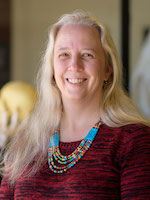 Tara Harrison (NC State University)
Tara Harrison (NC State University)
Dr. Tara Harrison is an Associate Professor of Zoo and Exotic Animal Medicine at North Carolina State University’s College of Veterinary Medicine. Dr. Harrison is a Diplomate of the American College of Zoological Medicine, American College of Veterinary Preventive Medicine and European College of Zoological Medicine (Zoo Health Management). Dr. Harrison is the Vice-President and lead investigator of the Exotic Species Cancer Research Alliance. Dr. Harrison’s research focus is on determining prevalence, outcomes, and therapies for cancer across non-domestic species and how it compares or contrasts to humans.
 Michaela Howells (University of North Carolina – Wilmington)
Michaela Howells (University of North Carolina – Wilmington)
Dr. Howells is a biological anthropologist and human biologist specializing in the influence of culture on health outcomes and associated biological adaptations. Her current work focuses on the impact of natural disasters and climate change on maternal and child health. Her research interests include stigma, social determinants of health, reproductive justice, and health equity and aims to identify barriers to health care surrounding civil status, prenatal care, menstrual equity, natural disasters, Zika, and HIV/AIDS. She is the Director of the UNCW GAPS (Growth Adaptation Pregnancy Stress) Lab and has conducted collaborative research in the South Pacific, Asia, Africa, and the American South.
 Margaret Humphreys (Duke University)
Margaret Humphreys (Duke University)
A specialist in the history of science and medicine, Dr. Margaret Humphreys has focused her research and publications primarily on infectious disease in the U.S. and the American south, as well as the history of medicine during the American Civil War. She has published several books, including Yellow Fever and the South (1992), Malaria: Poverty, Race, and Public Health in the United States (2001), Intensely Human: The Health of Black Soldiers in the American Civil War (2008), and Marrow of Tragedy: The Health Crisis of the American Civil War (2013).
 Shelley Hwang (Duke University)
Shelley Hwang (Duke University)
Dr. Shelley Hwang is a Professor of Surgery in Advanced Oncologic and GI Surgery. Dr. Hwang is interested in the diagnosis and treatment of early-stage breast cancer, management of patients at high risk for breast cancer, and surgical treatment of patients with breast disease
 Liesl Jeffers-Francis (NC A&T State University)
Liesl Jeffers-Francis (NC A&T State University)
Dr Liesl K. Jeffers-Francis is an Associate Professor in the Department of Biology at North Carolina A&T State University. Her research explores the role of trade-offs in the evolution of bacteriophage and metal resistance in E. coli. Through this investigation, she aims to understand how these tiny organisms adapt to their environments and respond to stressors, such as the presence of antibiotics. Jeffers-Francis’s work also includes research into how these evolutionary processes affect health outcomes, contributing to our understanding of diseases and the development of new treatments. Her passion for integrating diverse fields of study makes her work uniquely impactful, with implications reaching across molecular biology, ecology, and public health.
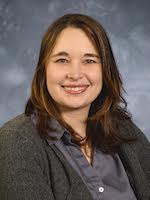 Cristina Lanzas (NC State University)
Cristina Lanzas (NC State University)
Dr. Cristina Lanzas is an infectious disease epidemiologist and modeler in the Department of Population Health and Pathobiology at North Carolina State University. Her lab focuses in characterizing the transmission of antimicrobial-resistant and health-care associated pathogens. Her most recent work has involved the use of E. coli-cattle as a model system to study drivers of transmission of enteric pathogens, and modeling and quantifying factors driving the epidemiology multi-drug resistant phenotypes.
 Dayami Lopez (NC Central University)
Dayami Lopez (NC Central University)
Dr. Dayami Lopez is a tenured Professor in the Department of Pharmaceutical Sciences and a Principal Investigator in the Biomanufacturing Research Institute and Technology Enterprise (BRITE) at North Carolina Central University. Her research interests include identifying novel regulators of PCSK9, a protease involved in hypercholesterolemia and atherosclerosis, and the role of hypothyroidism on Alzheimer’s disease and breast cancer.
 Charles Mitchell (University of North Carolina)
Charles Mitchell (University of North Carolina)
Dr. Charles Mitchell’s research group investigates the community ecology of infectious disease. His lab studies pathogens infecting wild plants, chiefly grasses. His main current interest is interactions between fungal pathogens and the broader leaf microbiome.
 Fred Nijhout (Duke University)
Fred Nijhout (Duke University)
Dr. Fred Nijhout is broadly interested in developmental physiology and in the interactions between development and evolution. He studies the mechanisms that control body size and the relative size and shapes of appendages, and the development, genetics and evolution of complex traits. Much of his current work centers on complex metabolic systems relevant to human health, and the mechanism by which these systems are either sensitive or robust to mutations and environmental factors.
 Shila Nordone (Duke University)
Shila Nordone (Duke University)
Dr. Shila Nordone is Director of Research Development for the Nicholas School of the Environment at Duke University and adjunct Research Assistant Professor of Immunology at NC State University College of Veterinary Medicine. She serves as a grant writing consultant to firms specializing in acquisition of non-dilutive federal funds and as a scientific advisory board member for veterinary non-profits. Dr. Nordone continues to be active in collaborative research involving modeling and forecasting of infectious disease in companion animals.
 William Parker (WPLab, Inc and XPara Mutualistic Helminths, LLC)
William Parker (WPLab, Inc and XPara Mutualistic Helminths, LLC)
Work in the Parker lab focuses on immune dysfunction that can lead to chronic inflammatory disease in Westernized societies. His lab is particularly interested in the reintroduction of symbionts to the human body that were lost after the industrial revolution. Dr. Parker’s work related to the biome and human disease is focused on the use of “helminthic therapy” to treat and even avert chronic disease in humans. He retired from academics after almost 28 years at Duke University, and is now CEO of XPara Mutualistic Helminths LLC, which licenses technology for the production of therapeutic helminths. He conducts research and educational work through WPLab, a non-profit corporation.
Ariane Peralta (East Carolina University)
Dr. Ariane Peralta is a microbial ecologist and an Associate Professor of Biology at East Carolina University. The Peralta Lab examines how climate and land use changes influence microbial community structure and functions associated with regulating air quality, water quality, and human, animal, and plant health. Ariane leads interdisciplinary microbiome research and collaborates with economists, engineers, geologists, and anthropologists to understand how ecological systems interact with human systems to better predict microbial responses to environmental changes.
 Herman Pontzer (Duke University)
Herman Pontzer (Duke University)
Dr. Herman Pontzer, PhD, is an Associate Professor of Evolutionary Anthropology at Duke University, and also holds an appointment in the Duke Global Health Institute. His research focuses on metabolic energy expenditure and the relationships between diet, physical activity, and cardiometabolic health. Dr. Pontzer is involved in projects with subsistence farming and foraging populations in Kenya, Tanzania, Ecuador, and Bolivia examining physiology and health outcomes in non-industrial populations and the development of evolutionary “mismatch” diseases in the industrialized world.
 Fidy Rasambainarivo (East Carolina University)
Fidy Rasambainarivo (East Carolina University)
Dr Fidisoa Rasambainarivo is a wildlife veterinarian and an assistant professor in the Department of Biology at East Carolina University. His research characterizes patterns of health and disease transmission at the human, domestic animal and wildlife interface in order to inform conservation and public health policies. Using a combination of fieldwork, laboratory and data analysis as well as computational modeling, Fidy’s research aims at understanding and limiting the potential impacts of humans and domestic animals on wildlife health in Madagascar.
David Rasmussen (NC State University)
Dr. Rasmussen is an Assistant Professor in the Dept. of Entomology and Plant Pathology and the Bioinformatics Research Center at NC State. His research focuses on developing new phylogenetic methods for tracking the epidemiological and evolutionary dynamics of infectious pathogens in humans and agricultural systems. His group also uses experimental evolution to study how plant viruses adapt to new hosts and expand their host range.
 Michael Reiskind (NC State University)
Michael Reiskind (NC State University)
Dr. Michael Reiskind has spent his professional career studying various aspects of infectious disease, with a recent focus on pathogens transmitted by arthropods. He received his Masters of Public Health and a PhD from the University of Michigan and completed post-doctoral training at the Florida Medical Entomology Laboratory. He is currently an associate professor in the Department of Entomology and Plant Pathology at North Carolina State University.
 Marc Ryser (Duke University)
Marc Ryser (Duke University)
Dr. Marc Ryser is an Assistant Professor in the Departments of Population Health Sciences and Mathematics at Duke University. His research program in cancer early detection is situated at the interface of molecular biology, clinical research and population health sciences.
 Dan Schrider (University of North Carolina)
Dan Schrider (University of North Carolina)
Dr. Dan Schrider is an Assistant Professor in the Department of Genetics at the University of North Carolina at Chapel Hill. His research group develops and applies computational tools to make inferences about evolution from population genetic datasets. Their research areas include but are not limited to the population genetics of adaptation, genomic copy number variants, phylogenetic inference, and the application of modern machine learning tools to evolutionary questions.
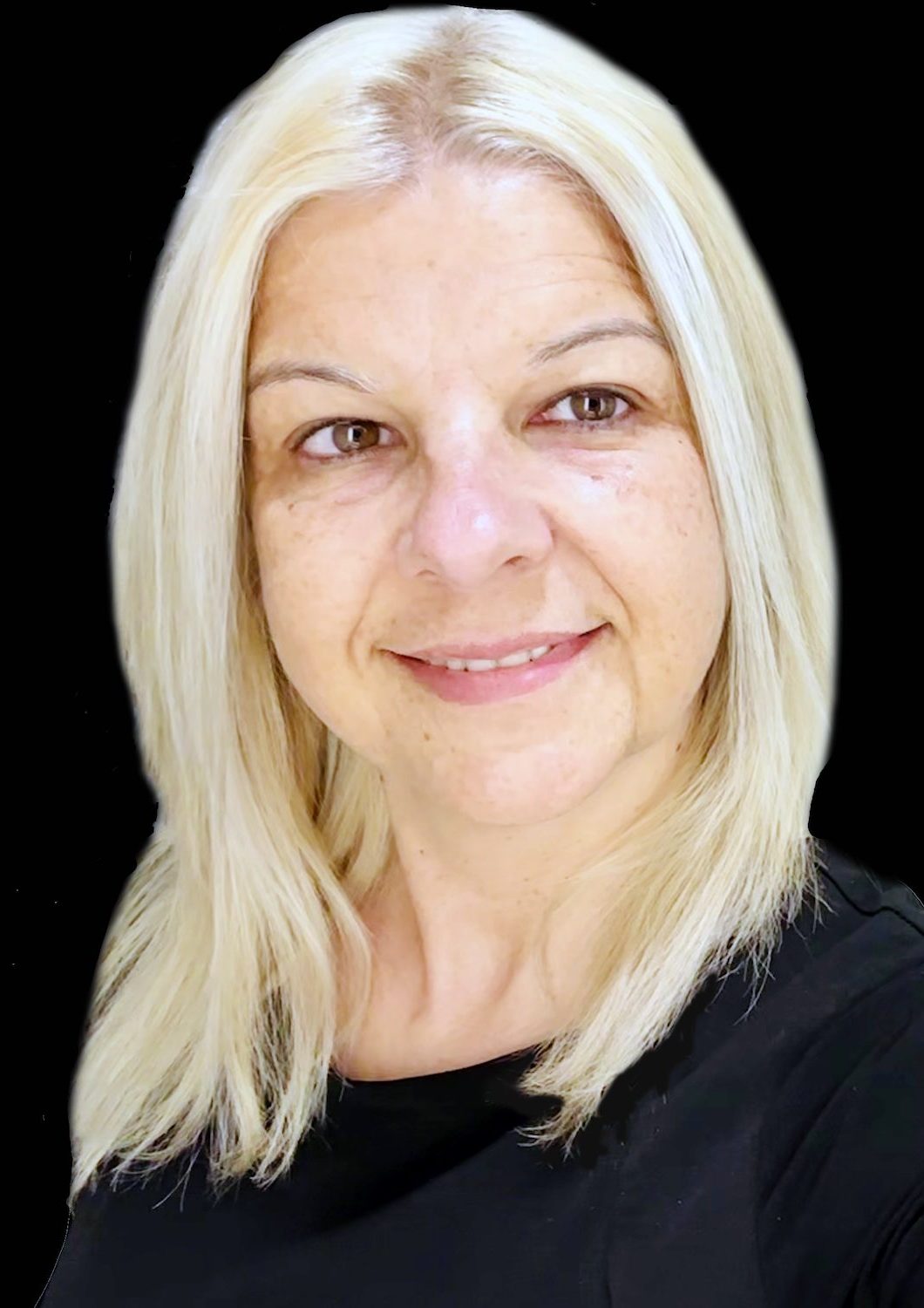 Gwen Robbins Schug (University of North Carolina – Greensboro)
Gwen Robbins Schug (University of North Carolina – Greensboro)
Gwen Robbins Schug, PhD, is a biological anthropologist and a professor of Biology at UNC Greensboro. Her research is focused on how history, society, and culture guided human responses to crisis throughout the Holocene and how these adaptive challenges affected human health. She is primarily interested in the role of social inequality and the experience of resilience in the face of climate and environmental changes. Dr. Schug is also involved in research on the ethics of the curation and use of human skeletons in teaching and research. She has primarily worked in India but has recently begun projects in Oman and Italy. She is the editor of the Routledge Handbook of the Bioarchaeology of Climate and Environmental Change (2020) and The Companion to South Asia in the Past (2016), and author of the book, Bioarchaeology and Climate Change (2011). She is also the author of more than 40 articles and book chapters. She is the co-Editor-in-Chief of Bioarchaeology International and an academic editor at PLOS One. She is the mother of four children, three dogs, two cats, and welcomed her first grandchild in 2022.
 Jason Somarelli (Duke University)
Jason Somarelli (Duke University)
Dr. Jason Somarelli is an Assistant Professor in the Department of Medicine and Director of Research for the Duke Comparative Oncology Group. He studies cancer through the lens of ecological and evolutionary paradigms. He is also passionate about mentoring and serves as the Director for the Duke Scholars in Marine Medicine Program, an undergraduate mentored research program at the intersection of the marine environment and human health.
 Kyle Summers (East Carolina University)
Kyle Summers (East Carolina University)
Dr. Kyle Summers has broad interests in evolution, particularly evolutionary ecology and evolutionary genetics. His students and him have carried out research on reproductive strategies and larval life history in frogs, the evolution of aposematism and mimicry, and evolutionary approaches to human health and behavior. Summers is interested in molecular systematics and the use of phylogenetic trees to inform analyses of ecology and adaptation.
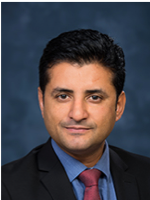 Sid Thakur (NC State University)
Sid Thakur (NC State University)
Dr. Sid Thakur is a Professor in the College of Veterinary Medicine, NC State University. He espouses the concepts of “One Health” and seeks to understand how antimicrobial resistance develops in “superbugs” that affect animal and human health. He is the Director of Global Health CVM and the Director of Global Health Initiatives at NC State.
 Misty Thomas (NC A&T State University)
Misty Thomas (NC A&T State University)
Dr. Misty Thomas is an Associate Professor in the Department of Biology at North Carolina A&T State University. Her research focuses on understanding the molecular mechanisms of microbial adaptation to novel environments. Specifically, she is interested in (1) the evolution of resistance mechanisms towards heavy metals and (2) adaptation of microbes from the oral microbiome in outer space. The lab primarily uses experimental evolution followed by whole genome resequencing and differential gene expression to identify molecular targets to understand the cellular and molecular consequences of adaptation. The overall goal of her work is to preemptively identify adaptive targets before they arise in nature, with the potential of using them as mitigation targets.
 Amanda Thompson (University of North Carolina)
Amanda Thompson (University of North Carolina)
Dr. Thompson specializes in the study of human growth and nutrition, studying the biological pathways linking early life social, behavioral and physical environments to obesity and chronic disease across a range of national and international settings. Her work focuses on: the effects of early diet on the development of the intestinal microbiome as an underlying pathway linking infant feeding and the development of obesity; the structural, social, maternal and infant characteristics contributing to the development of an obesogenic environment; and the physical and social environments associated with the development of inflammation in children, adolescents, and adults.
 Jeffrey Thorne (NC State University)
Jeffrey Thorne (NC State University)
Dr. Jeffrey Thorne is a statistical geneticist who is in the Biological Sciences and Statistics Departments at North Carolina State University. His research focus is on extracting evolutionary information from DNA sequence data. Among his interests are the evolutionary impacts of protein structure, genome repeats, and cancer.
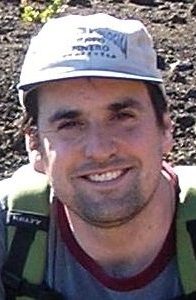 Todd Vision (University of North Carolina)
Todd Vision (University of North Carolina)
Dr. Todd Vision is an Associate Professor in the Department of Biology with an adjunct appointment in the School for Information and Library Sciences. With a background in plant evolutionary biology, he is interested in the many ways genetic markers can be used a tool to understand evolutionary history. An increasingly frequent application of such markers is in studying role of humans in shaping the biota, deliberately and otherwise, and understanding the consequences of those changes for the ecosystem services we enjoy. He also has an interest in open science and the changing nature of scholarly communication.
 Jory Weintraub (NC State University)
Jory Weintraub (NC State University)
Dr. Jory Weintraub is Director of Science Engagement at NC State University, and an adjunct faculty member at Duke University. Previous positions have included co-PI and Director of Professional Development & Training for the NSF-funded Center for Advancing Research Impact in Society (ARIS), Science Communication Director and Senior Lecturing Fellow with the Duke Initiative for Science & Society, and Assistant Director of Education & Outreach at NESCent (the National Evolutionary Synthesis Center). He has a BS in Biochemistry/Cell Biology from UC San Diego, a PhD in Immunology from UNC Chapel Hill, and received an NSF postdoctoral fellowship in STEM Education & Outreach. His professional interests include science communication, STEM outreach/education, STEM DEI, and broader impacts.
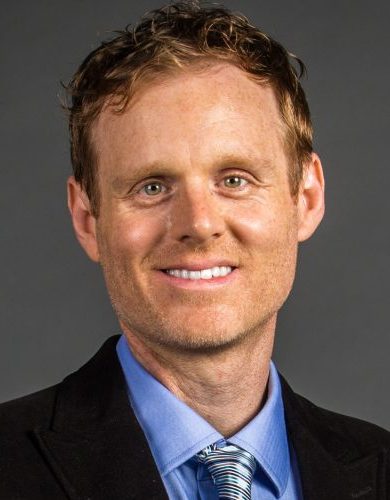 Jason Wingert (University of North Carolina – Asheville)
Jason Wingert (University of North Carolina – Asheville)
Dr. Jason Wingert is a Professor in the Department of Health Sciences at UNC Asheville. His research focuses on characterizing somatosensory function across the lifespan, including in young people with cerebral palsy. More recently his work has linked age-related proprioception deficits with falls risk in older adults. He is also currently investigating the cognitive factors underlying the challenges to learning about evolution.